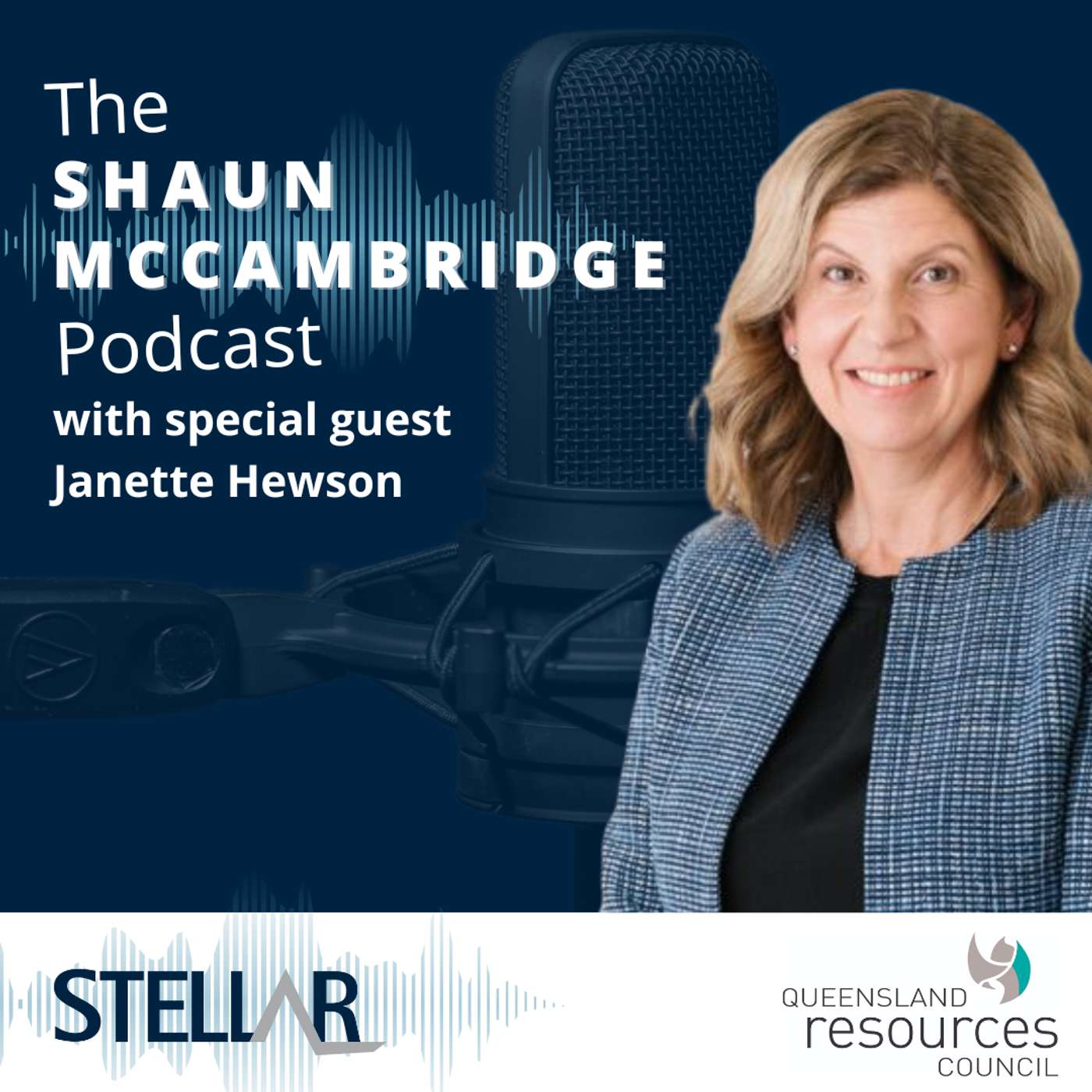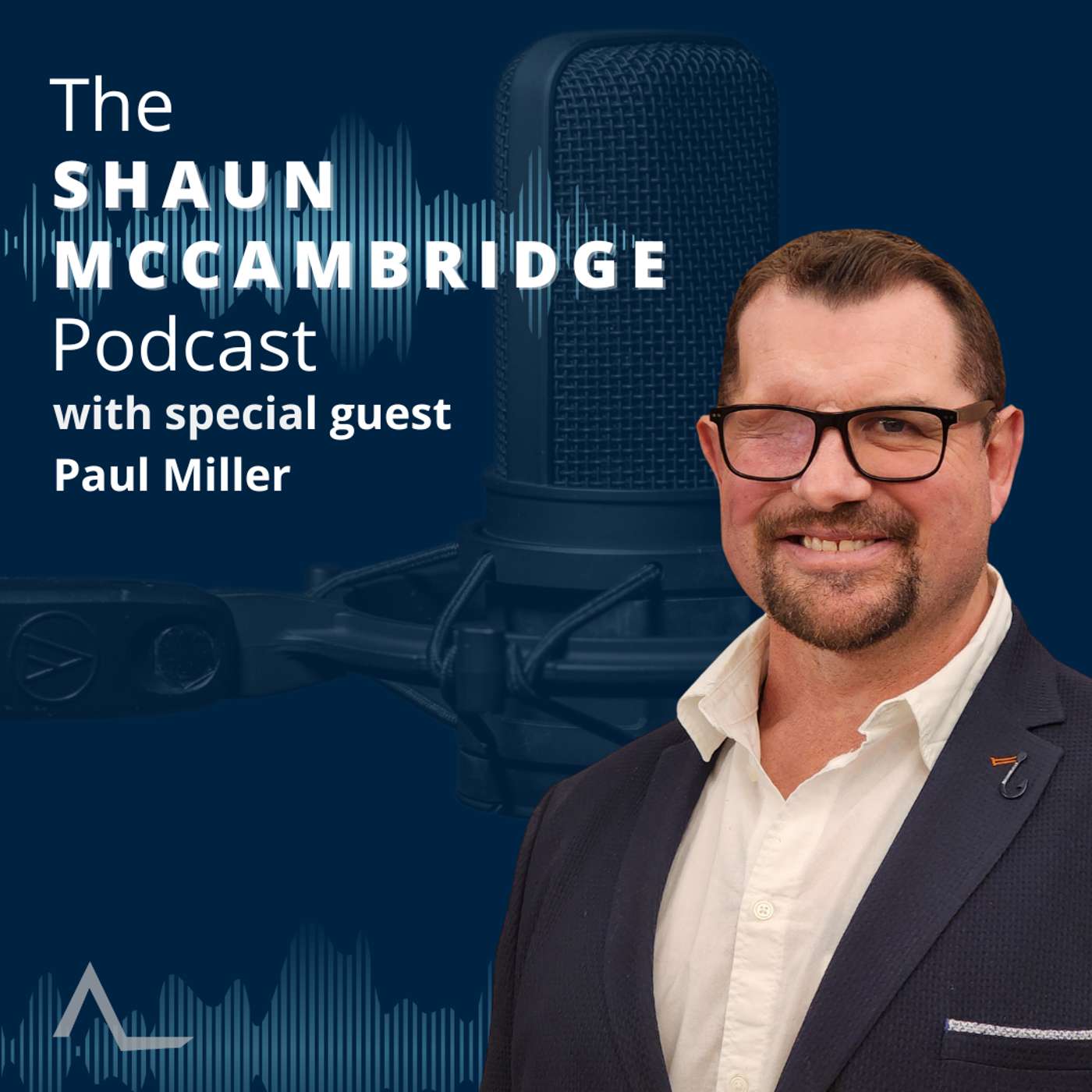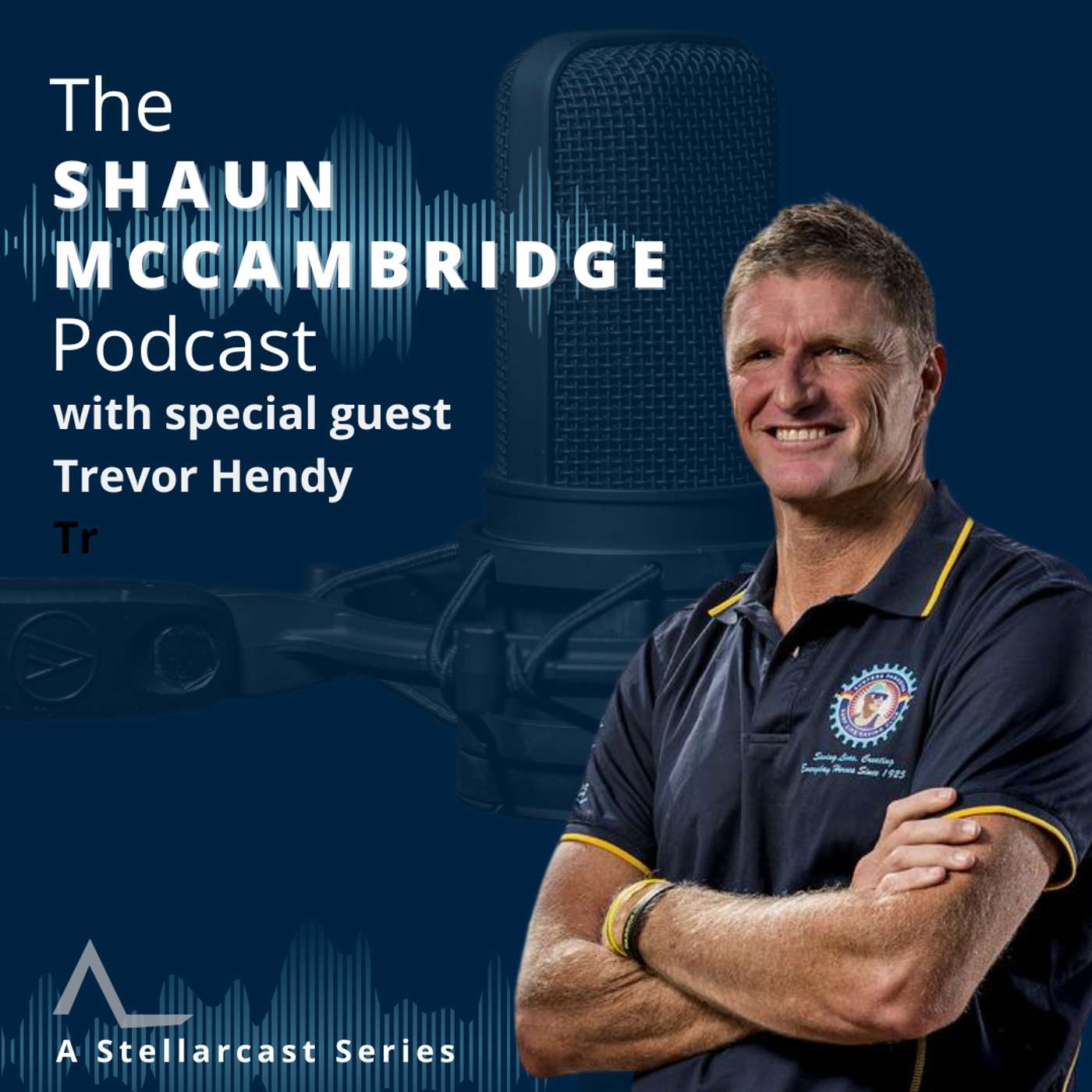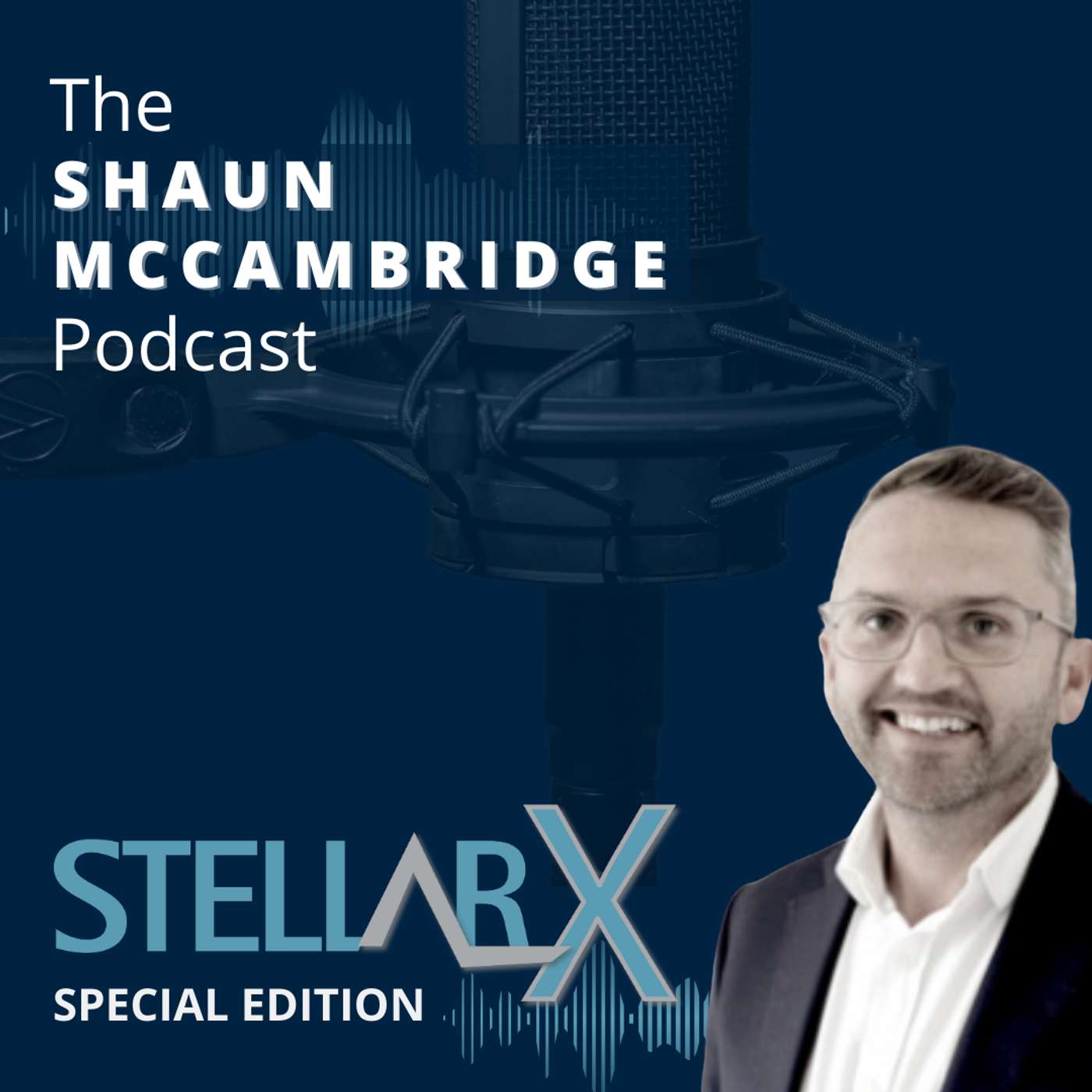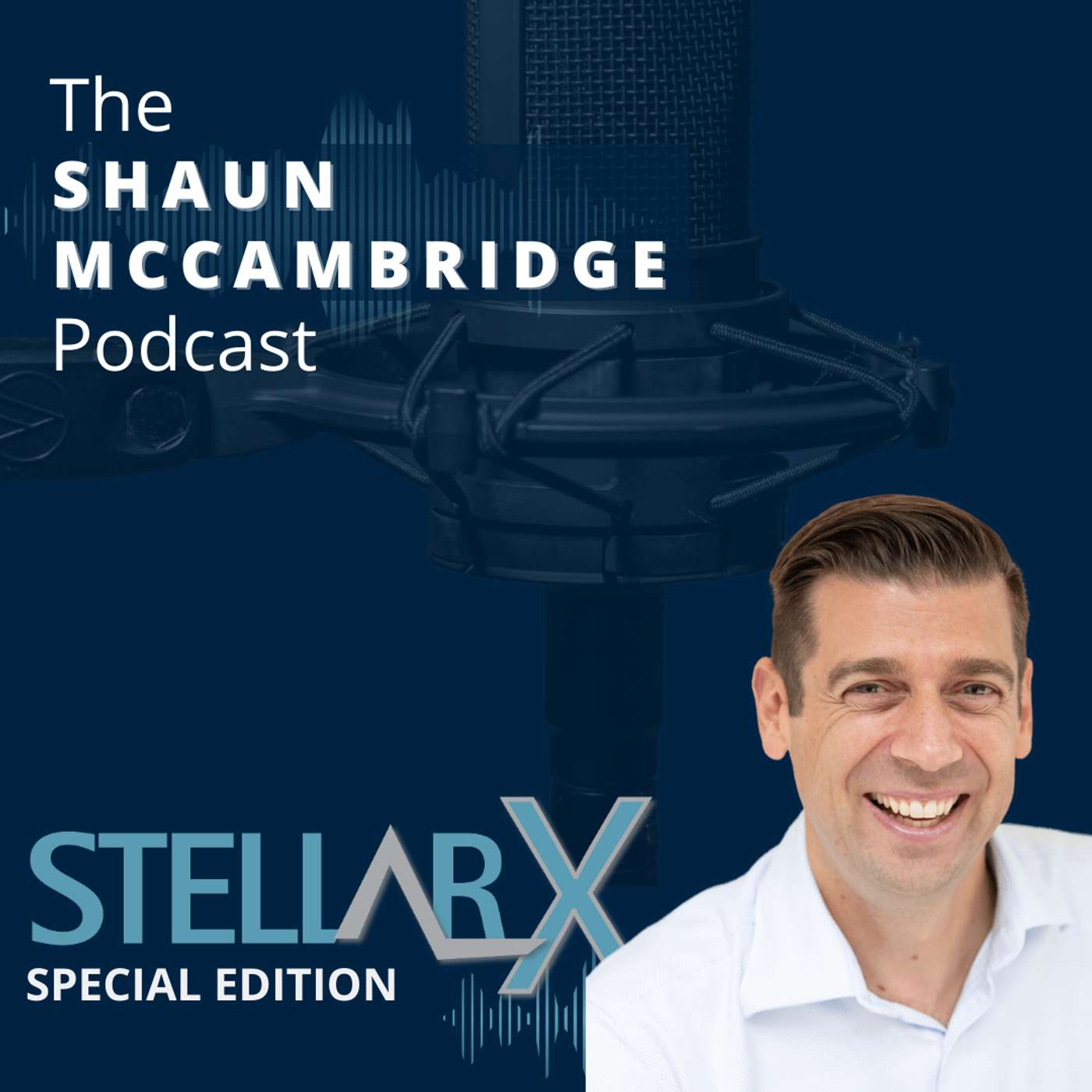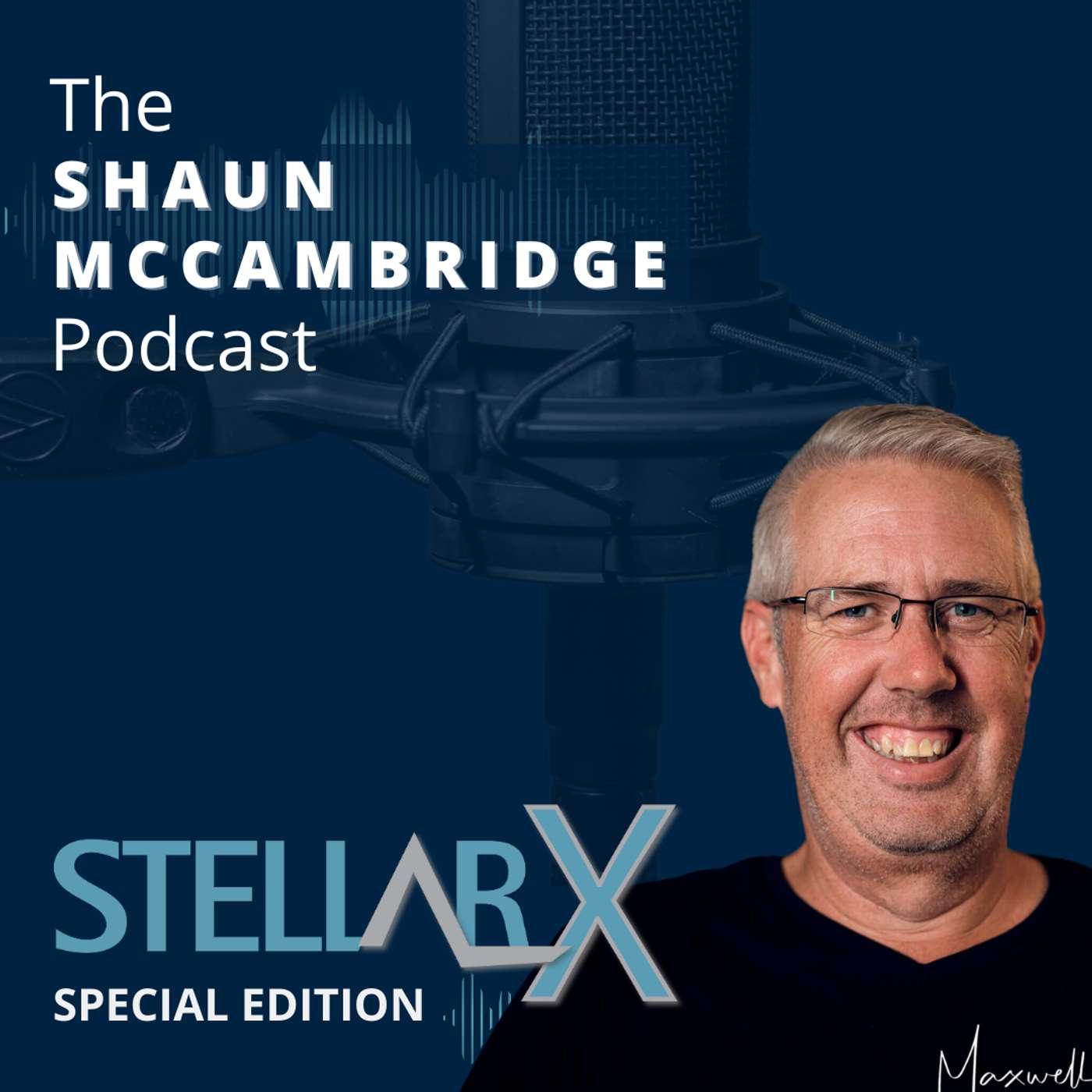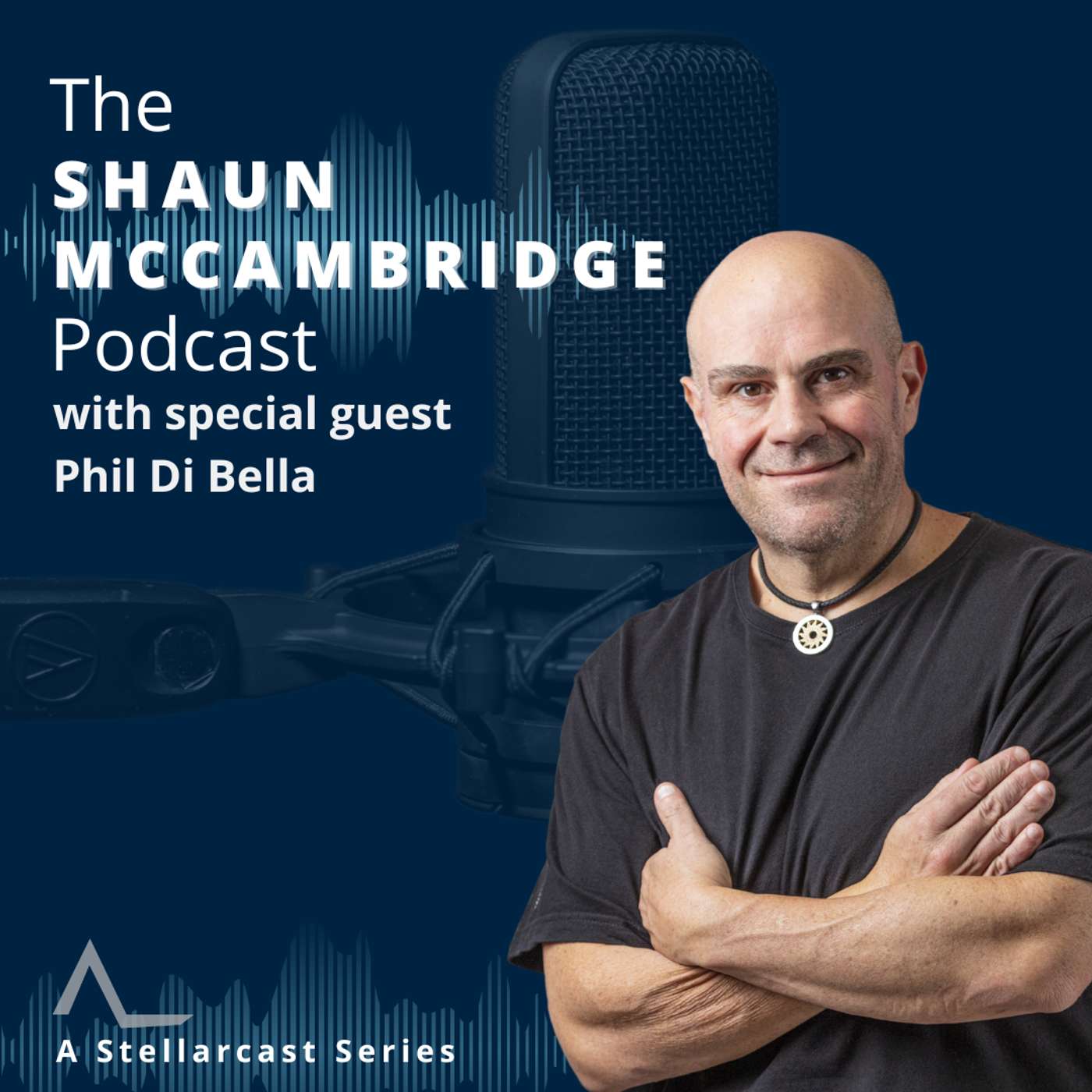Neuroscience, Happiness and a complete Career Reinvention with Jeff Mckeon
Description
Intro to Jeff McKeon:
Jeff is currently the Chief Growth Officer at Neuro Capability, he's a really interesting person and deeply kind. He's lived a great life and has reached this position where he genuinely loves what he does for work. He's got some great learnings to share as part of his journey. Jeff believes that our greatest asset is our mind. We are sure you will thoroughly enjoy this episode.
02.20 - Reflection and Curiosity:
"I'm just eternally grateful that I get to share a message and talk about the stuff that fills me with curiosity. And it comes around from those moments in your life. And if you're conscious of those moments and those decisions you make, and reflection I think is that thing, when you start to reflect at those moments, you think did I make a good decision? Did I make a bad decision? What did I learn from it? That's been my biggest transformation if I think about it."
04.15 - Defining moments that have impacted your life
That's the power of connection and human connection. You never know what someone's got going on in their life.
That's why we need to be kind. I always laugh that the other stuff, the negative stuff has a better PR team. So be kind. It's just that in those moments in life, you never know what someone is going through.
11.00 - The impact stress has on your body
Stress has a huge impact on our body long term. The term is called allostatic load, which is the impact on the machine because you're going too fast and too hard the whole time.
"I can't change him, I have to change me. When I talk about change, sometimes you require that catalyst. "
13.00 - The career reinvention
In the moment you don't realise it, you just do what your instinct is. But that's when you have to take those gambles with the career transition. You have got to trust your instinct because my instinct had gone from a quiet little voice to that screaming voice saying you gotta get out, you gotta do something more with the rest of your life. You have to approach it in a whole different way. What can I learn from this?
When you transition careers, you need that piece of paper to feel a little bit bulletproof. You have to back your instinct
16.15 - Ben Crowe and the notion of being your inner fan and the inner critic.
The biggest realisation is just being aware that the voice is trainable. Most people go through life hearing this inner voice and not realising that you can actually shut it off or you can diminish it or you can change it.
The way the brain is wired is in the first five years. That's why it's critical in a child's development, the love and nurturing because it's happening the brain is wiring, not only are they learning to walk, they're learning, do I love this way? What's their condition, what's right, what's wrong?
An example is how Ben Crowe worked with Ash Barty and her inner voice to identify that she is so much more than tennis, she is an individual and that's where that power of identifying your inner voice is.
19.01 - Diminish your inner critic
Ethan Cross talks about diminishing and harnessing your inner critic in his book, Chatter.
Be aware of it and know that you don't have to listen to it because that's no longer relevant, that's the voice you heard when you were seven or eight.
It's no longer relevant to who I am as an adult. But we learn it way back when we are judged when we are young. But we're still, it's the same voice. Quite often it'll be either a mom or dad or an authority figure. And it'll be the same voice and that's just because that got wired into us.
20.30 - I am Enough
The biggest thing Ben Crow does in his work is helping his clients to say, I'm enough. So when you believe you are enough, guess what happens? That inner voice gets silenced. Gets turned down because you're no longer listening to it because you're going, no, no, I'm enough.
The power of reframing and rephrasing.
21.30 - Helping your kids with their inner critic and being conscious of it.
Disrupt the process to change their trajectory.
23.30 - Create a psychologically safe organization but also have an organization that's accountable, that delivers, that meets.
"When you look at aligning the why you do it and the outcome, you're not having to manufacture the outcome. The outcome is a by-product of what you do with your why. When I talk to companies I only ever write with companies or work for companies that align with my values, when you come into these businesses you can tell it's from the top down."
What we are seeing now is a lot of pushback against the traditional command and control leadership models. In business, what we've got is these early adopters, like Stellar, who're already living and breathing it. Guess what? Their business is aligned because they're not having to manage every layer. Of the well-being of their staff, they're actively doing it from the top down.
25.30 -
"Your company's culture is the heart, the minds and stomachs of your employees on a Sunday night thinking about Monday morning."
27.52 - Profound question around what is the future of leadership
"In the past jobs were about muscles. Now they're about brains, but in the future, they will be about heart."
Minouche Shafik
30 - Allow your why to direct what you do, profit will be the buy product of this. If your staff are thriving, your profitability will be through the roof.
32 - Habits and Traffic University
"The longer you do something, the better you get at it. People refer it to as muscle memory. It's neural pathways practised over time, repetitive notion. So whatever you are wanting to achieve, it's about creating that university. So how do you create that highway? Well, first of all, you have to make sure you are looking at it. The smallest habit to start with to then move forward."
Layer and stack habits daily. Keystone hab
37 - Prime your brain in the morning by listening to something positive in the morning.
38.30 - The process of finding your WHY/ finding your “Ikigai” - what you love doing, what you're good at, what the world needs and what you can get paid for.
"Tapping into your why is taking time to actually go through, what am I here for? What is this about? What is my legacy? What is important to be and what am I going to leave behind?"
The only stuff I will sell is stuff that's in line with what I want to talk about and that's when you align with purpose. There's a weight removed, the weight of what other people think you should do and what society says you should do and you go, no, I'm going to do what aligns with me. I write it quite often, but my main measure for success is the number of hours I spend with my teenagers."
44 - Tips and tricks around cultivating a wonderful relationship with your kids:
But we also both knew that we had to do the work and...



